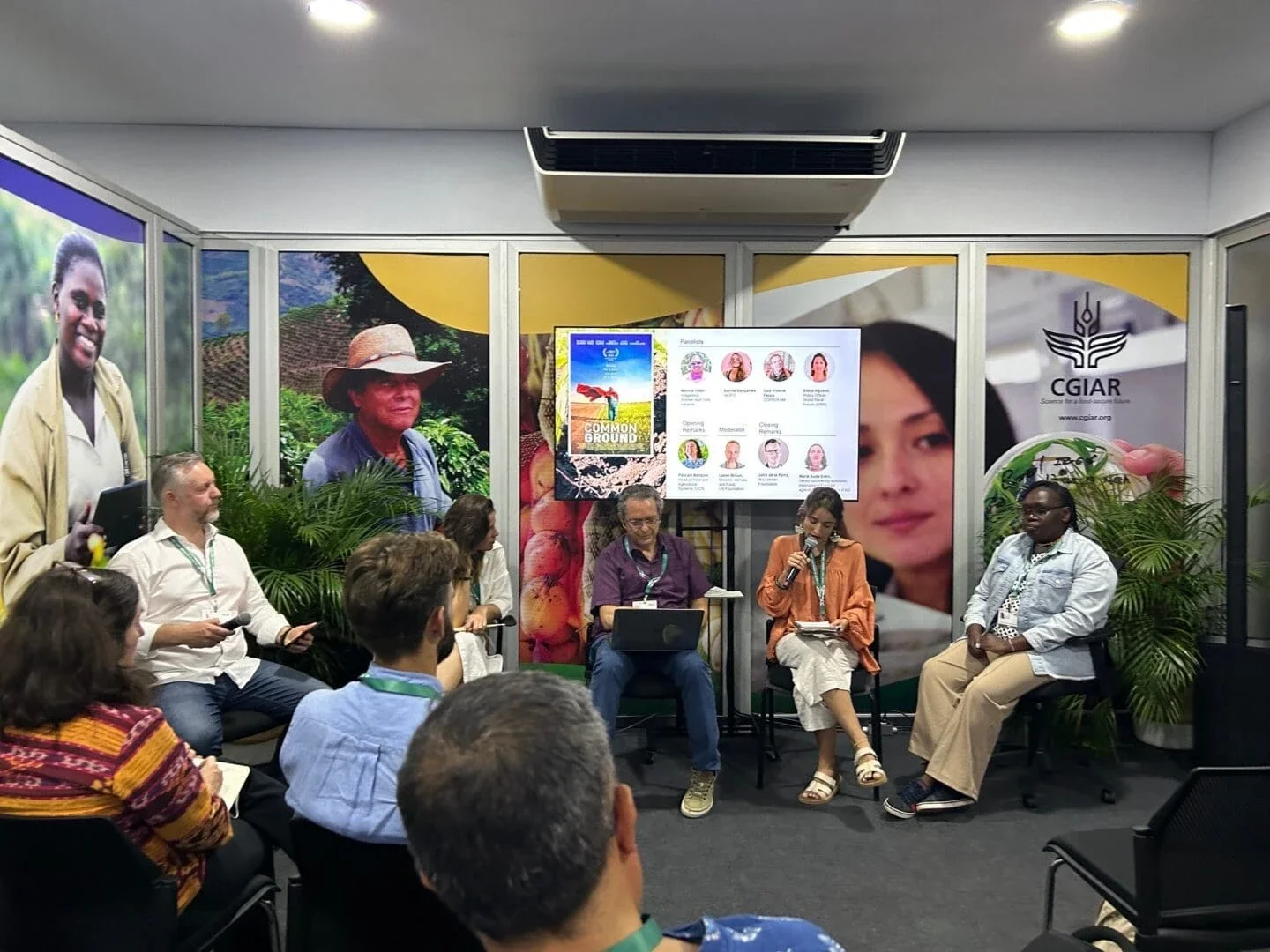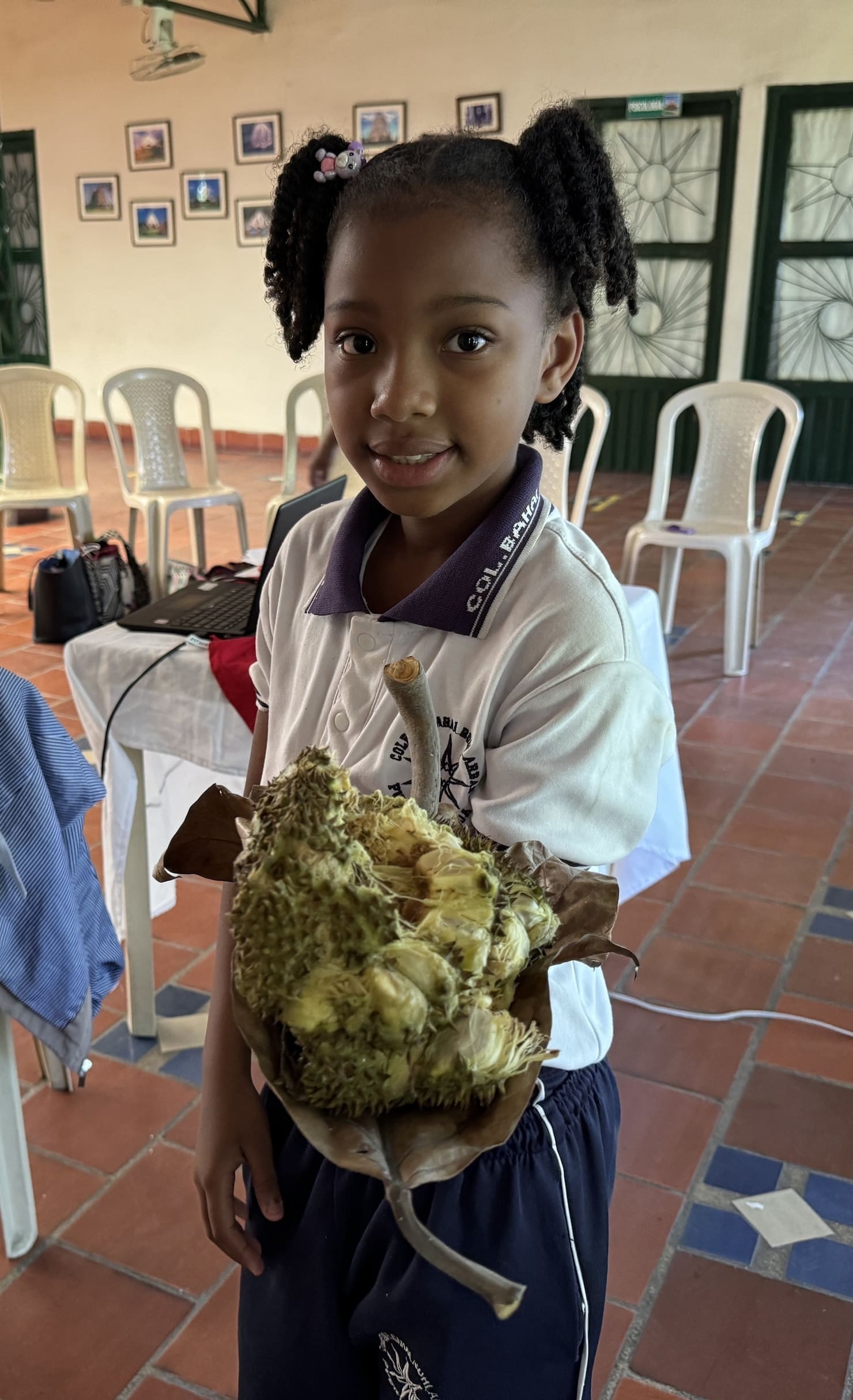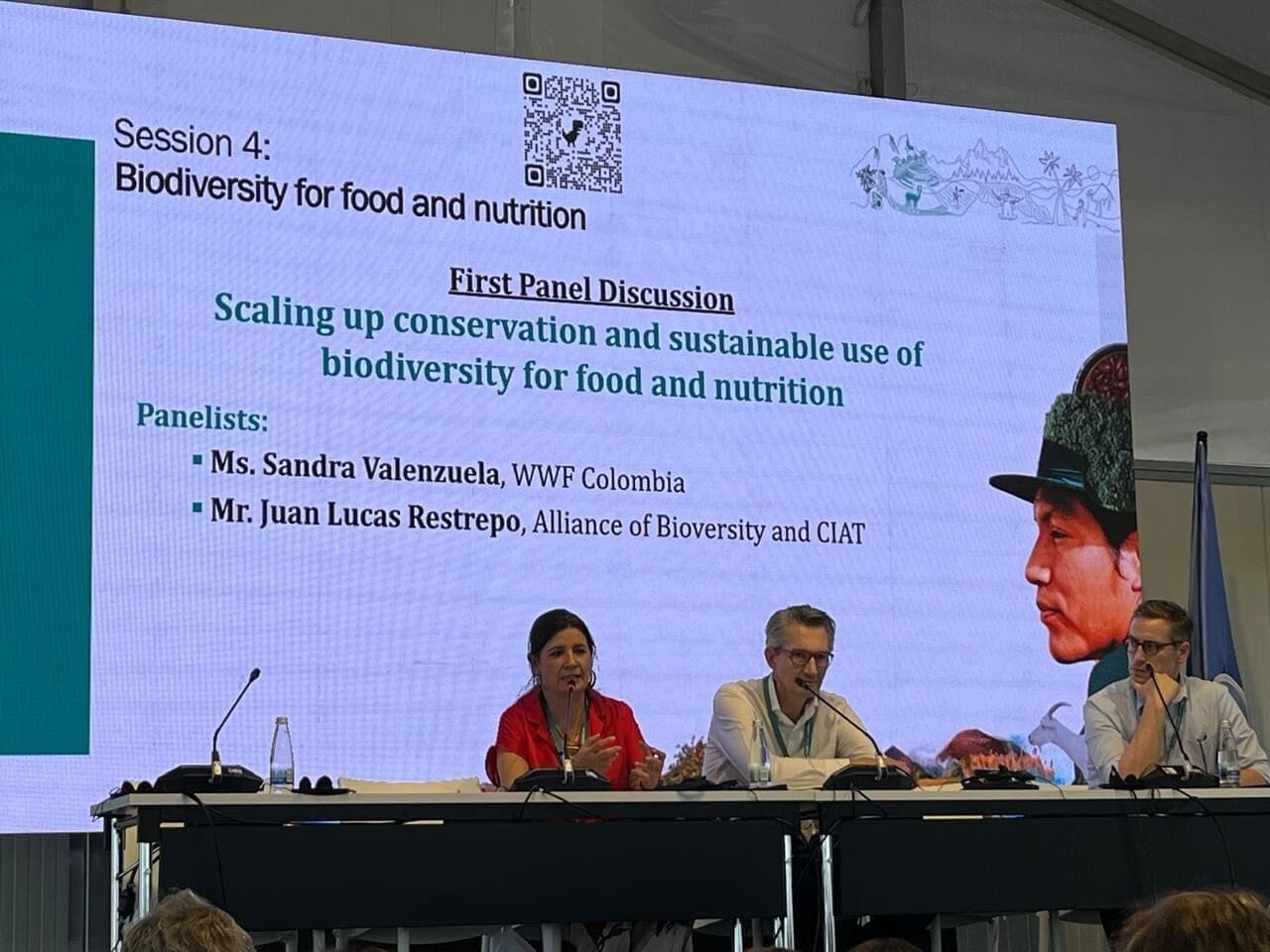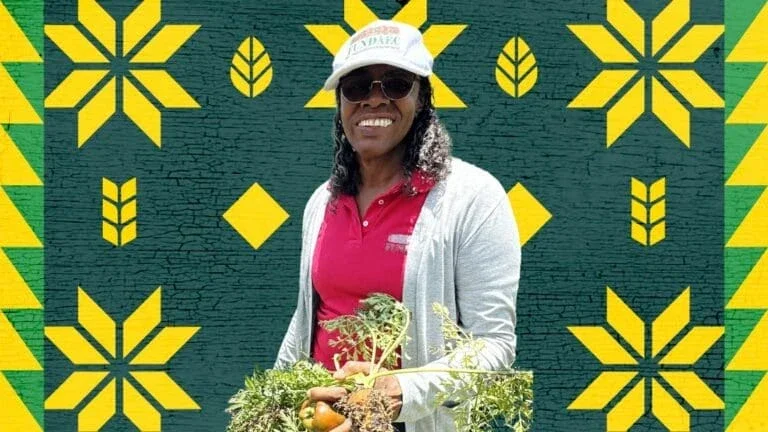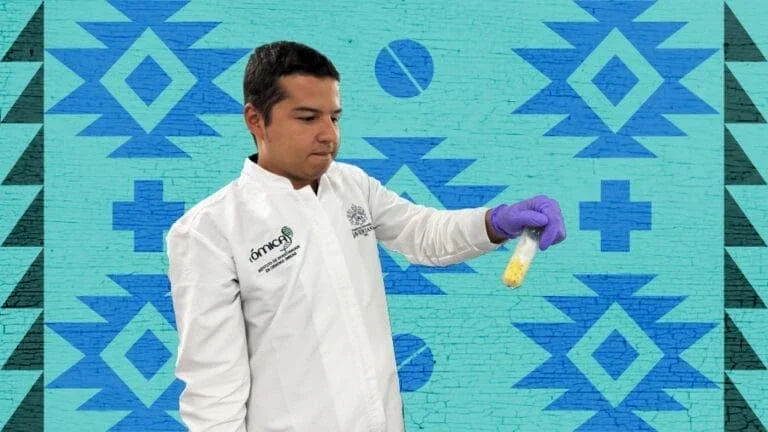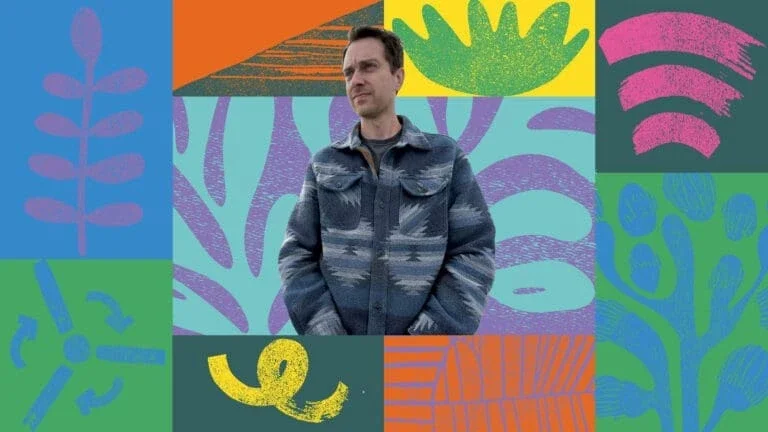This year’s forum set in motion historic actions to bring greater justice to a topic called Digital Sequence Information (DSI).
Revolutionizing How We Value and Share Biodiversity Data
The Rockefeller Foundation has spent years supporting efforts to clarify how this biodiversity data can be shared equitably and openly.
This has required the world to rethink our relationship with genetic information so Indigenous communities not only maintain sovereignty over their data, but also benefit from the digitization of biodiversity they have long safeguarded.
Our early support of the Meridian Institute’s work on these issues, has sought to do just that. Now, with these new frameworks for DSI just passed at COP16, there is finally some agreement that we must uphold fairness by directing profits back to Indigenous Peoples, bridging gaps between globalized conceptions of science and traditional knowledge. It is estimated that this could lead to over 1 billion USD per year to support biodiversity and its stewards.
Throughout COP16 and its runup, The Rockefeller Foundation and its partners emphasized that scaling climate resilience and biodiversity conservation demands deep co-creation with frontline local communities who have managed these landscapes for generations.
Centering Indigenous voices is not only an ethical imperative but also a strategic necessity.
Indigenous practices provide regenerative, time-tested approaches to land stewardship that industrialized systems have frequently overlooked. Techniques like polyculture, agroforestry, and rotational agriculture not only support climate resilience but also play a vital role in combating biodiversity loss and preventing land degradation.
